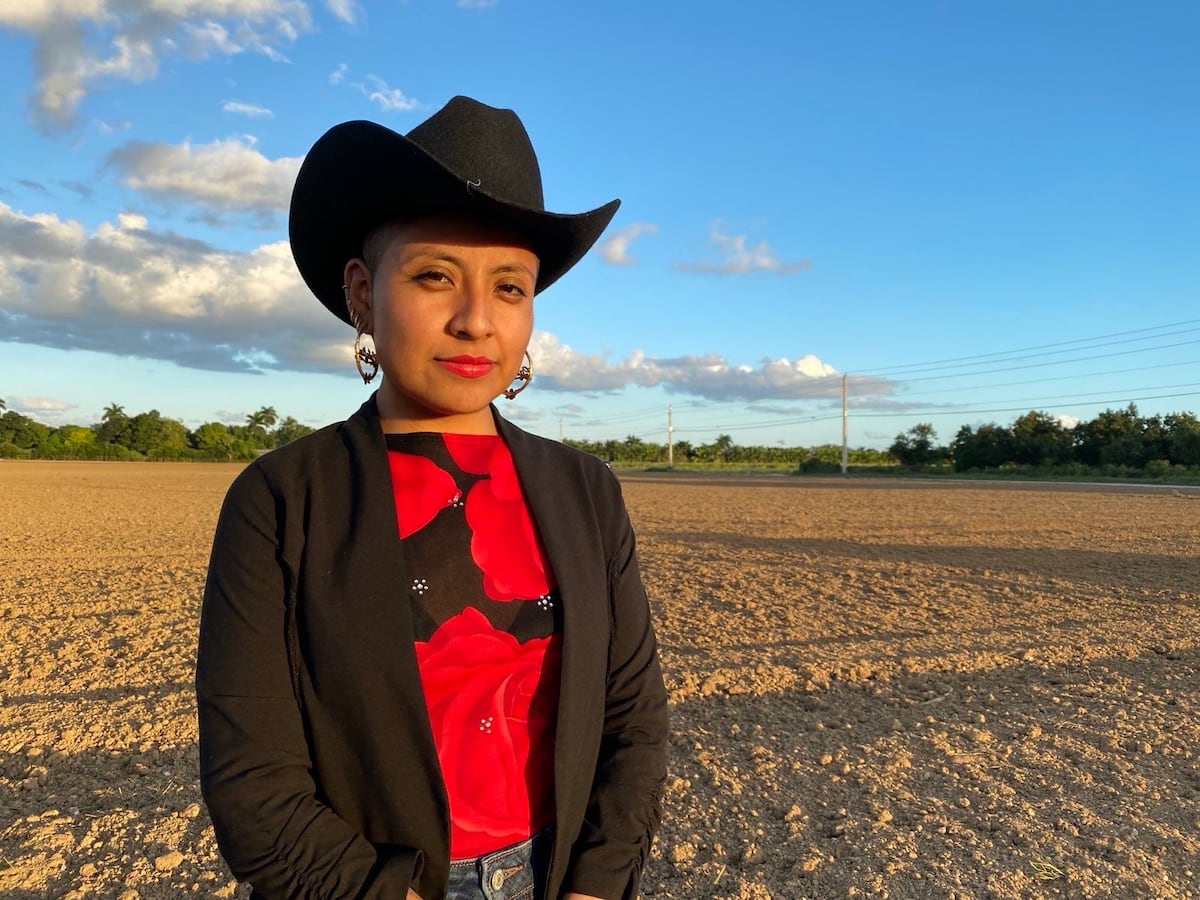
"The meeting is at 8:00 a.m. on Wednesday, outside the El Paso Service Processing Center. Family, friends and aid groups have called the press, activists, community leaders, and anyone else who wants to join in. The idea is for the place to be filled with banners depicting a young Indigenous woman, sometimes wearing a Texan hat, sometimes surrounded by flowers, sometimes harvesting the land, sometimes carrying a basket in the middle of a furrow in some field in South Florida."
"The hope is also for the final release of Catalina Xochitl Santiago, a Mexican Zapotec woman, the daughter of farmers, the beneficiary of the Deferred Action for Childhood Arrivals (DACA) program, the Dreamer who should never have been detained in early August as she was about to board a domestic flight to Houston. Outside, the detention center is a beehive of activity. Inside, the hearing is underway in which a judge is deciding Xochitl's future."
"A future that has been on hold for 25 days, since August 3, when two Border Patrol agents detained the 28-year-old at El Paso International Airport while she was heading to a conference as part of her work with the nonprofit organization La mujer obrera (The working woman). It was almost 5:00 a.m. when the agents asked her to accompany them. What for? asked Xochitl. We're going to ask you questions about your documents, an officer replied."
"What's the interrogation for? she insisted. We'll talk about it downstairs, they told her. The officers wanted to know how she obtained her work permit, the identification she has as a DACA recipient. Xochitl demanded the presence of her lawyer, but the second officer ironically preempted her: Well, you can't see your lawyer unless he buys a plane ticket. The conversation was recorded on Xochitl's cell phone, and she managed to send it to her partner, Desiree Miller."
An 8:00 a.m. meeting is scheduled outside the El Paso Service Processing Center with family, friends, aid groups, activists, community leaders, and others gathering with banners featuring a young Indigenous woman. The goal is the release of Catalina Xochitl Santiago, a 28-year-old Mexican Zapotec DACA recipient and nonprofit worker detained at El Paso International Airport on August 3 while traveling for work. The detention has left her future unresolved for 25 days as a judge hears her case inside the center. Agents questioned her about documents, denied immediate access to her lawyer, and the interaction was recorded and sent to her partner.
Read at english.elpais.com
Unable to calculate read time
Collection
[
|
...
]